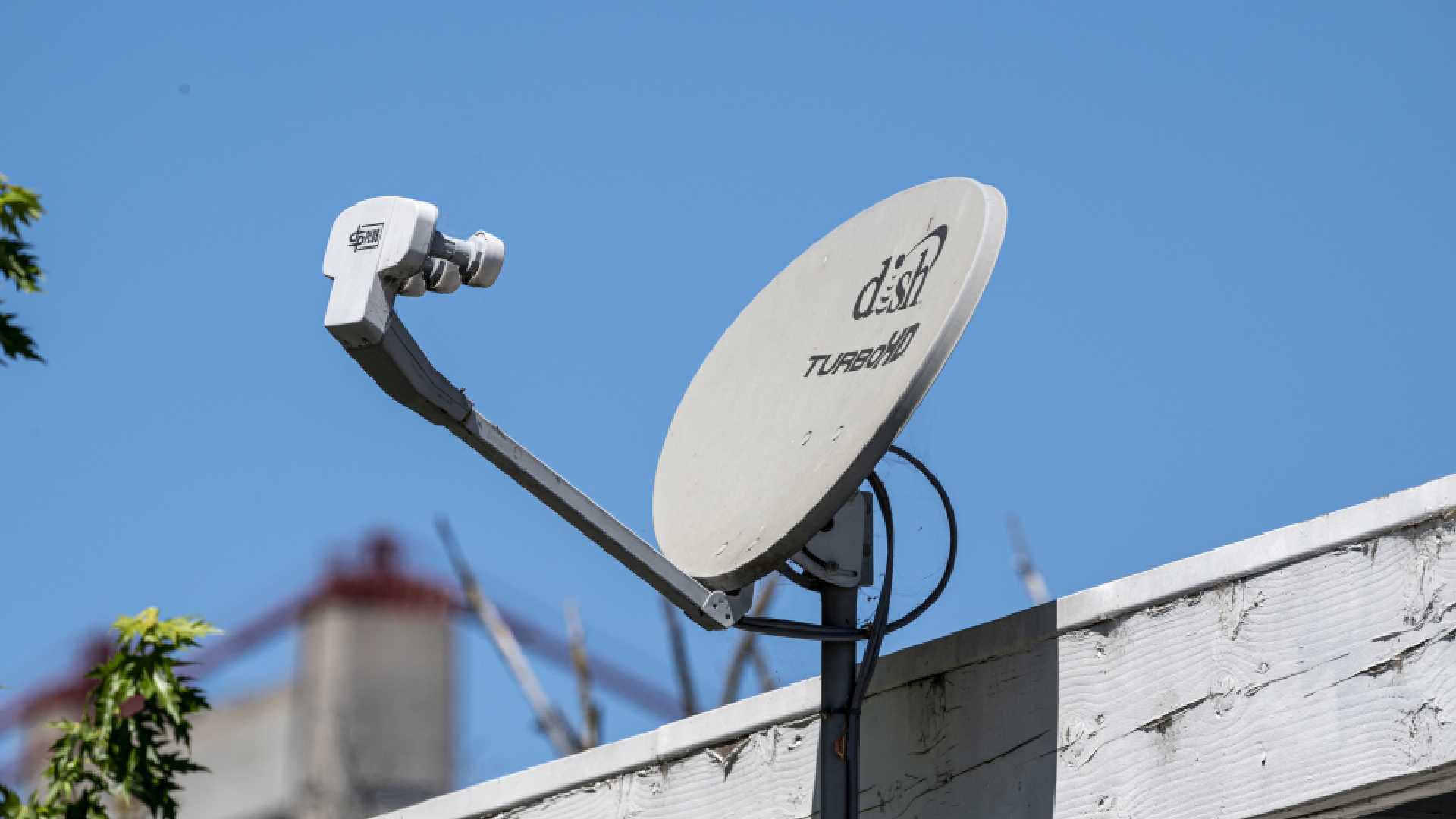
A team of researchers from UC San Diego and the University of Maryland has published a study detailing their attempts to pick up unsecured information from the airwaves using a basic receiver system. Over three years, the team directed their off-the-shelf residential dish at various geostationary satellites and interpreted the data, finding shocking results.
“There are some really critical pieces of our infrastructure relying on this satellite ecosystem, and our suspicion was that it would all be encrypted,” stated UCSD professor Aaron Schulman, speaking to Wired. “And just time and time again, every time we found something new, it wasn’t.”
Using equipment worth around $600, the researchers accessed contents of US calls and texts over the T-Mobile network, along with in-flight Wi-Fi data and communications from utility providers. Alarmingly, military and law enforcement communications were also accessible, compromising sensitive information regarding personnel and equipment.
The researchers notified impacted companies, with T-Mobile among those beginning to implement encryption solutions. Their findings suggest a widespread security issue that might compel satellite communication providers to enhance their protocols.
The study highlights the importance of enhancing security in satellite communications and raises concerns about the potential for malicious entities to exploit these vulnerabilities as easily as the researchers did.
